Location: New York
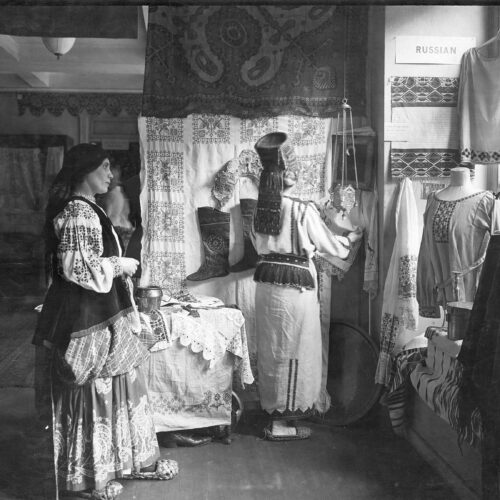
American Fabric: The Ukrainian Needlecraft Guild and “Americanization” in the Progressive Era
The People’s Institute and the Ukrainian Needlecraft Guild offer a lens through which to examine the entanglement of Progressive Era reform, immigration, labor, and early twentieth-century philanthropy.
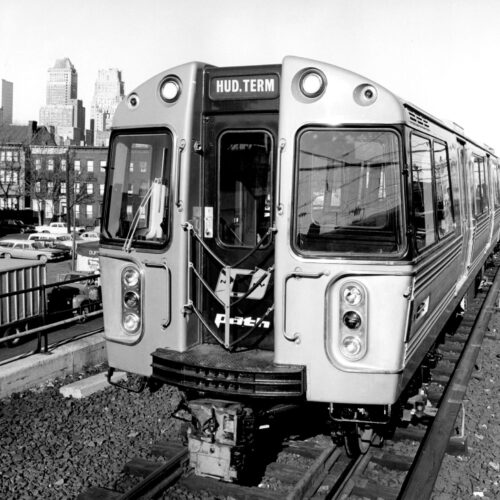
Photo Essay: Building the World Trade Center in Lower Manhattan
The Downtown Lower Manhattan Association records include rarely-viewed photographs, drawings, maps, brochures, and other papers that document the design and construction of the World Trade Center in Lower Manhattan, built between 1966 and 1975.
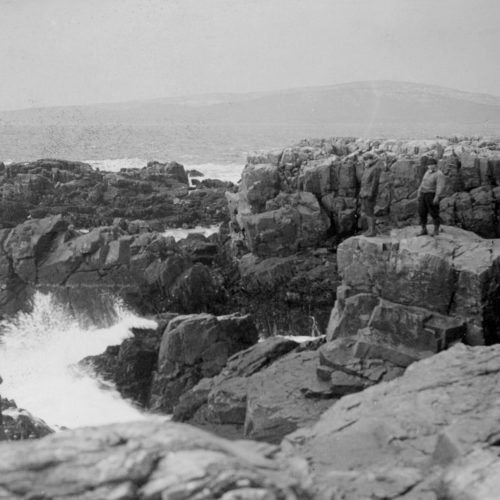
Photo Essay: The Rockefellers, National Parks, and Public Lands
The nation’s parks, perhaps our most remarkable public resource, have a history of development through private giving.
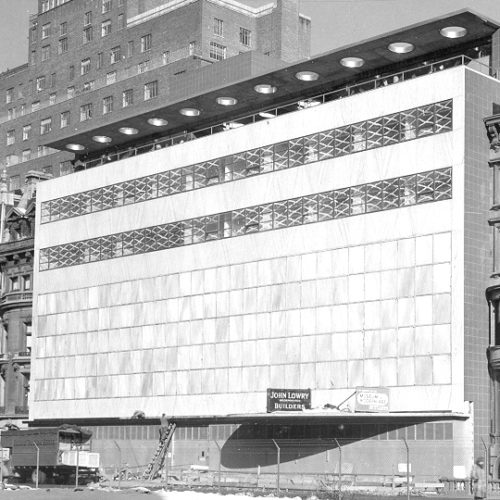
Photo Essay: A Mother, a Son, and Modern Art
Abby Aldrich Rockefeller’s passion for modern art influenced her children, especially her son Nelson Rockefeller, and continues to reach the public through the museum she co-founded.
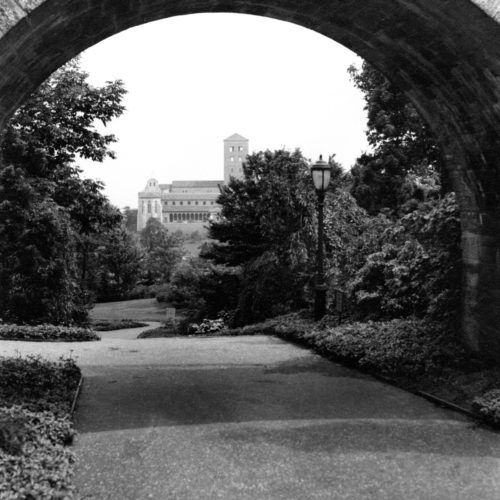
Photo Essay: John D. Rockefeller, Jr. and the Design of The Met Cloisters
How an American philanthropist’s love of medieval art created an immersive Old World experience at The Cloisters museum in New York City.
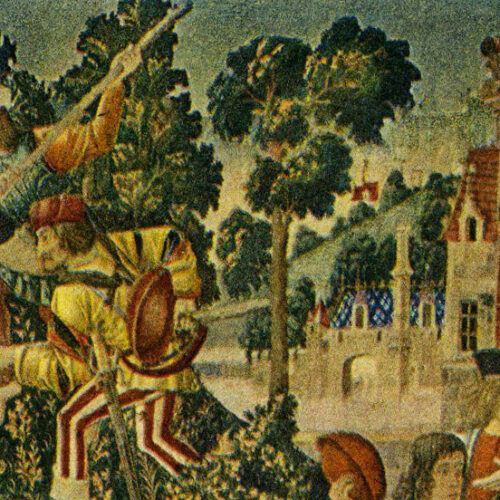
The Met Cloisters: An Unlikely Pair Makes a Home for Medieval Art in New York City
Does philanthropy always require a perfect partnership to create something great? Peering behind the facade of The Met Cloisters museum reveals that the answer is sometimes “no.”
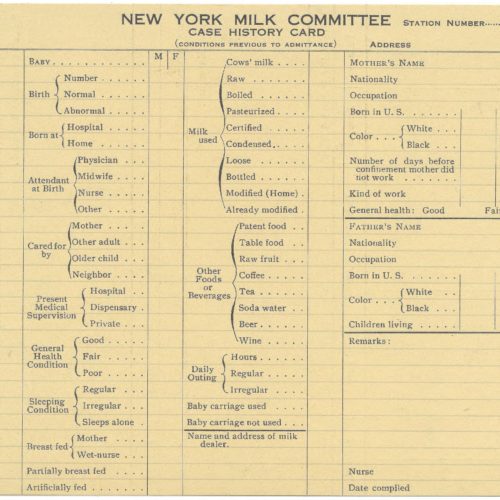
Sour Milk: Preventing Infant Mortality with Public Health
Philanthropy’s role in cleaning up the milk supply prompted better federal food safety protections.
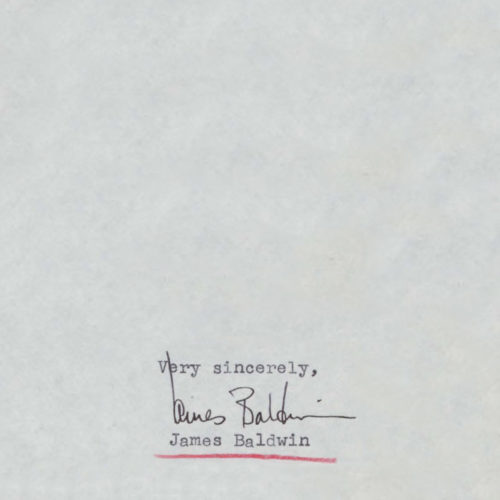
In Brief: James Baldwin’s Creative Writer’s Fellowship
How a foundation provided the final ingredient to an era-defining novel.
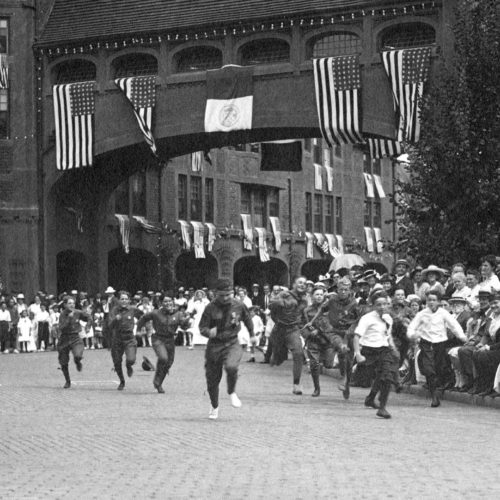
“Investment Philanthropy” Investing for Social Good, a Century Ago
An early twentieth-century foundation tried using its endowment to support for-profit projects that also would achieve a social goal.

Philanthropy Helps Save the Statue of Liberty and Ellis Island
More than 700 major organizations and countless smaller individual donors helped restore a symbol of history and culture.